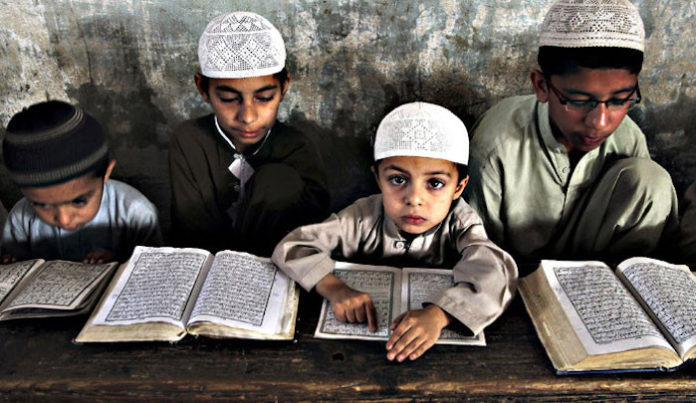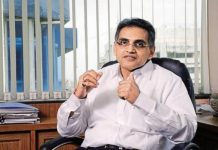A number of madrassas in West Bengal, beset by high dropouts and absenteeism, are seeing a turnaround after integrating Islamic theology with modern education through the power of technology.
After his science class on vitamins, standard nine student Abdul Lashkar went to the new computer lab in Dar-Un-Neda Siddiquia Madrassa here in Hooghly district to search the Internet about food habits of Prophet Muhammad.
Along with his classmates, he then came up with a digital story on how favourite foods of the Prophet nourished his body with vitamins and other nutrients.
“If we tell them about nutrition they won’t find it interesting but when we link it with Islam then the topic becomes interesting for them. It helps them relate to their education with the community they are coming from,” madrassa teacher Sugata Dey told PTI.
This idea of integrating ‘dini’ (religious) and ‘duniyavi talim’ (worldly education) with modern technology has been conceptualised by educator Amina Charania from Tata Trusts.
By means of computer projects after classes, a cluster of ten madrassa here has adopted integrated approach to technology in education (ITE).
Tata Trusts has trained teachers on the new pedagogic framework and even provided them with laptops and Internet connection in small computer labs. Besides this, digital cameras have also been provided to them so that the students can click photos and record videos to tell digital stories for their project work.
“What we are trying to do is to allow children find subtle ways of linking what they are taught in classrooms with Islam using Internet. For example they are finding about the lives of Muslim scientists and Muslim astronomers when they are studying science and geography. This increases their interest in the subject multiple times,” Charania said.
Madrassas in West Bengal have long been struggling to retain students in classrooms due to high absenteeism and dropout rates. Future career prospects of the students have also been a concern but these madrassas are now an exception.
Madrassa teacher Sugata Dey said in the new framework, teachers are only designing activities and projects aligned to curriculum content.
“Students are implementing these projects using a variety of applications. They are encouraged to collaborate, create, present and critique using technology. Thus, technology is used as a tool for students to construct their own learning. We are only facilitators,” he said.
From Agencies, Feature image courtesy jihadwatch



























